The Medical Device Industry: High Demands for Product Quality and Compliance
The medical device industry is one of the most strictly regulated and quality-driven sectors worldwide. From surgical tools to orthopedic implants, every product must meet rigorous standards for traceability, biocompatibility, and patient safety. Regulations such as FDA Unique Device Identification (UDI) in the U.S. and EU Medical Device Regulation (MDR) in Europe have further increased the need for accurate, permanent, and contamination-free identification methods.
In this context, laser marking has become the preferred solution. Unlike traditional methods, laser technology ensures permanent, high-contrast markings without damaging the integrity of medical-grade materials.

Medical industry
Why Laser Marking is Essential in Medical Devices
Limitations of Traditional Marking
Conventional methods like ink printing or mechanical engraving often:
Fade or wear off during sterilization.
Damage delicate surfaces or compromise biocompatibility.
Fail to meet international compliance standards.
Advantages of Laser Marking
Permanence: Marks withstand sterilization, cleaning, and long-term use.
Precision: Micron-level accuracy ensures readability even on tiny instruments.
Non-contact process: Maintains material safety and surface integrity.
Regulatory compliance: Supports FDA UDI, ISO 13485, and EU MDR labeling requirements.
Common Materials Used in Medical Devices
A variety of materials are used in the manufacture of medical devices, each chosen for its biocompatibility, durability, and sterilization resistance. Below are some commonly used materials and their applications:
Stainless Steel
Stainless steel is widely used for surgical instruments, scalpels, forceps, and implants due to its corrosion resistance and strength. Laser marking can create precise, high-contrast marks on polished or brushed stainless steel surfaces, ensuring permanent identification that can withstand repeated sterilization.
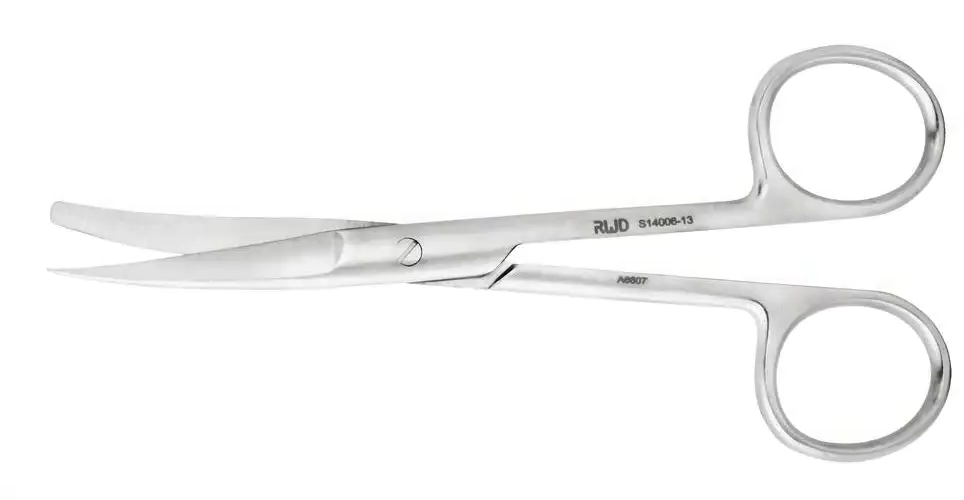
Marking on medical scissors
Titanium
Titanium is the material of choice for orthopedic implants, dental implants, and surgical instruments, due to its excellent strength-to-weight ratio and biocompatibility. Laser marking is ideal for titanium, creating ultra-fine marks without affecting its mechanical properties, which is crucial for patient safety.
Plastics
Medical-grade plastics are commonly used for disposable instruments, syringes, catheters, housings, and diagnostic equipment, all of which require clear, contamination-free marking. When marking these devices, UV laser marking machines are preferred because they can achieve high-contrast, burr-free marks without damaging the sensitive polymer surfaces. Of course, other types of marking machines, such as CO2 laser machines, can also achieve similar results with the right parameter adjustments.
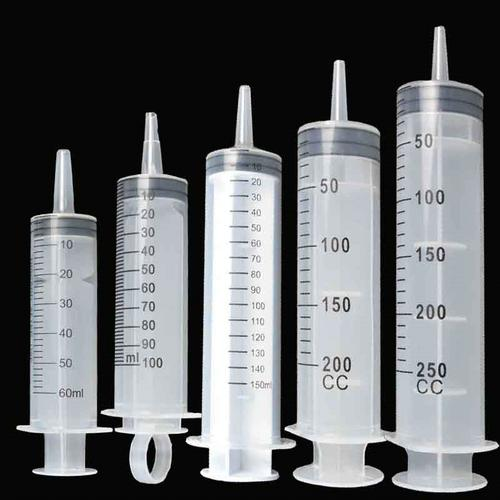
Needle scale marking
Alloys and Ceramics
Alloys and ceramics are commonly used in specialized medical components such as orthopedic screws, dental prosthetics, and high-strength surgical instruments. Traditional marking methods often fail to produce perfect results on these products, and some even pose risks to patient health. Laser marking machines provide permanent, clear marks, ensuring traceability even on small or irregularly shaped parts. Additionally, the non-contact nature of laser marking guarantees the safety of the materials, ensuring patient safety.
Typical Applications of Laser Marking in Medical Devices
Laser marking plays a crucial role in ensuring that medical devices comply with stringent regulatory requirements for traceability and usability. Its versatility allows manufacturers to apply permanent, high-contrast marks on a wide range of devices without compromising safety or performance. Here are some typical applications of laser marking in medical devices:
UDI Codes and Traceability
To comply with FDA and EU MDR regulations, medical devices must be labeled with a Unique Device Identification (UDI) code. Laser marking offers a reliable solution for generating permanent, scannable 2D data matrix codes or QR codes that can withstand sterilization, wear, and cleaning processes. This ensures complete traceability throughout the product lifecycle.
Identification and Branding
Medical device manufacturers often need to display company logos, trademarks, or product identifiers on their devices. Laser marking can create durable, high-quality marks that do not fade or wear, ensuring brand visibility while eliminating contamination risks.
Graduation Lines and Scales
Surgical instruments and diagnostic tools, such as scalpels, forceps, and measuring instruments, require precise graduation lines and scales. Laser marking achieves high-resolution, fine markings that remain clear and legible even after repeated disinfection and frequent use, ensuring accurate clinical operations.
Batch Numbers and Expiry Dates
For disposable items, implants, and consumable medical devices, batch numbers and expiry dates are crucial for quality control and patient safety. Laser marking provides a fast, cost-effective, permanent identification method that ensures compliance with international healthcare standards.
Laser marking is playing an increasingly important role in the medical device industry, providing a faster and safer marking solution.
Why Choose ZS LASER for Medical Device Marking?
In the highly regulated medical device industry, choosing the right marking solution provider is crucial. ZS LASER combines cutting-edge technology with deep industry expertise to offer customized solutions that meet your compliance and production needs.
Advanced Fiber, CO2, and UV Laser Marking Machines
Our product range covers a wide variety of marking technologies, ensuring the right laser source for every application—whether it’s metals like stainless steel and titanium or polymers and sensitive plastics.
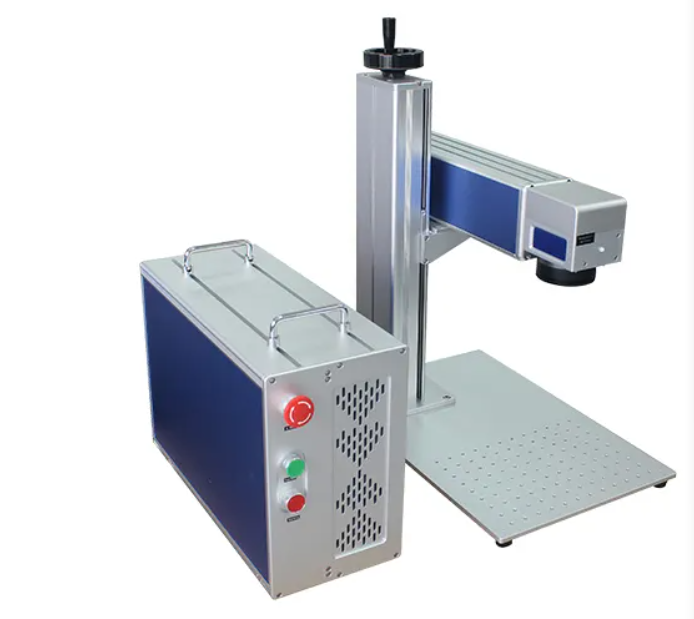
Portable Fiber Laser Marking Machine
High-Precision, Permanent Marking Technology
ZS LASER machines provide micron-level precision and deliver clear, burr-free marking results. The marks are permanent, wear-resistant, sterilizable, and chemically cleanable—making them ideal for long-term traceability and UDI compliance.
Customizable Solutions for Different Materials and Shapes
Whether you need to mark flat surgical instruments, cylindrical catheters, or complex implants, our solutions include custom fixtures and marking strategies to ensure consistency and efficiency.
Technical Support and Pre-Shipping Sample Testing
To ensure optimal results, we offer free pre-shipping sample testing and adjust machine parameters based on your materials and requirements. Our technical team provides comprehensive training and ongoing support to help your operators get up to speed quickly.
By choosing ZS LASER, you gain a trusted partner to ensure your medical devices comply with global regulatory standards while improving efficiency, precision, and brand reputation.
Laser Marking Solutions Recommended In Medical Industry
For medical device manufacturers, selecting the right laser marking system is crucial for ensuring compliance, reliability, and production efficiency. ZS LASER offers a variety of proven solutions to meet the strict requirements of the industry:
UV Laser Marking Machines – Ideal for plastics, polymers, and sensitive materials. They produce ultra-fine, high-contrast marks without damaging precision surfaces, making them perfect for catheters, syringes, and housings.
Fiber Laser Marking Machines – Best suited for metals such as stainless steel, titanium, and surgical alloys. They provide deep, permanent marks that can withstand sterilization, chemical cleaning, and long-term use.
Flying Laser Marking Machines – Designed for high-speed, inline marking on automated production lines. They ensure efficiency and consistency in large-scale production of medical devices and disposables.
Each machine comes with customizable fixtures and software to meet your exact production needs, helping you achieve traceability, biocompatibility, and scalability.
 ZS Laser Equipment
ZS Laser Equipment

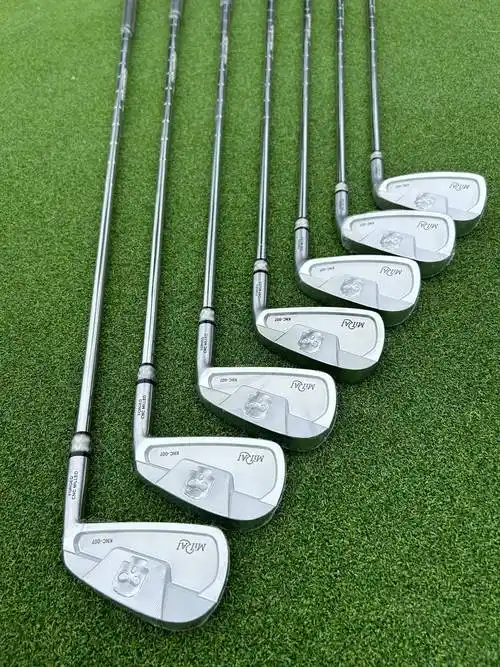
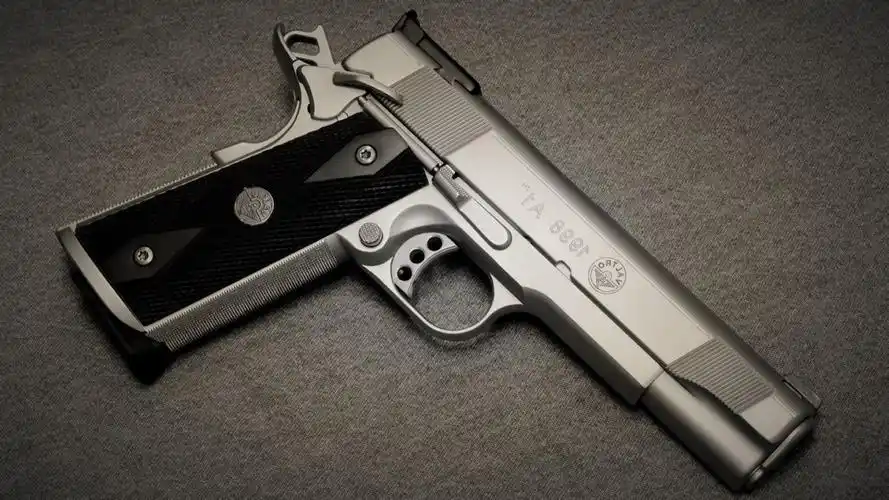
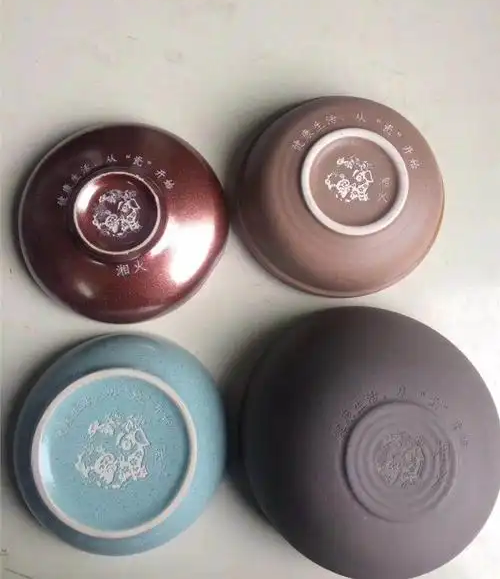


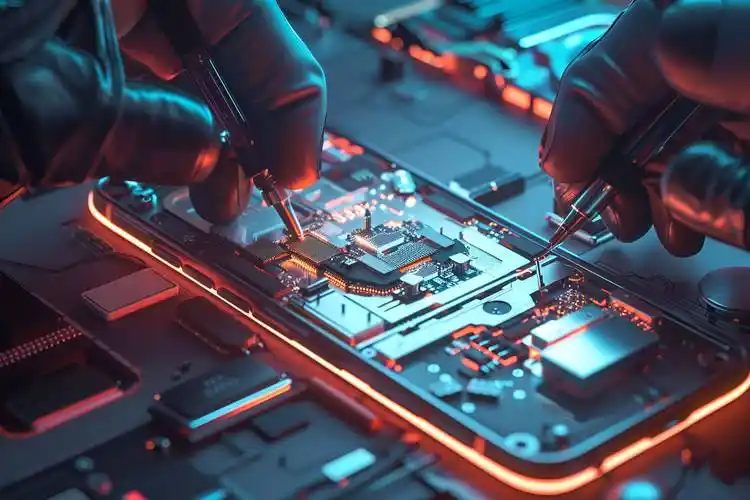



WhatsApp
Scan the QR Code to start a WhatsApp chat with us.